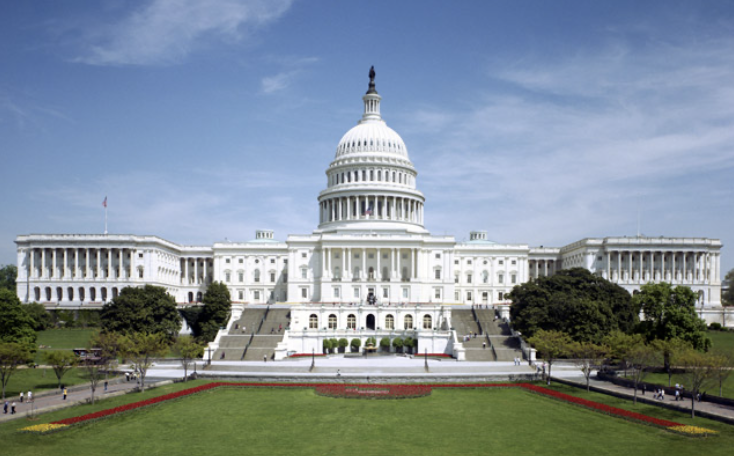I’m noticing some of our leaders in Congress don’t think there’s enough money to go around.
It reminds me of how Larry Norman used to sing, “You can’t see nothin’ when you close your eyes.”
Of course we will never find what we’re looking for if we’re looking where it isn’t.
Consider this:
The top 1% have enough money to wipe out the entire national debt and STILL BE IN THE TOP 1%! Most 1%ers have more money than they can spend in a lifetime. It’s just sitting there, unused. (or reproducing itself, unused). IN FACT, THE TOP 1% CONTROL MORE MONEY THAN THE OTHER 99% COMBINED.
Now, when you add the wealth of the top 2%ers, 3%ers, 4%ers and 5%ers, we’re really rolling in dough!
I have nothing against making money or having lots of it. I have spent a big chunk of my professional career helping people get more of it.
What does give me a raised eyebrow are those around us who worry there’s not enough money to meet everyone’s needs, when in reality, it’s quite plentiful. Some of us are like fish that don’t know we’re surrounded by water. The issue is not that there’s not enough money. It’s that those who have much less cannot foot the bill for those who have much more.
We don’t have a money problem. We have a moral problem. It takes caring, awareness, and gratitude to reach an emotional maturity level that can comprehend the point of view, “I’m blessed to be a blessing.”
Yes, it may be true that many who are wealthy worked hard for it. And yes, much wealth has also been handed down and gifted from previous generations.
But it doesn’t make sense in my mind that if I live in a country that allowed me to have more dollars than I could ever spend, I should let others suffer while I enjoy my blessings.
Research shows that in general, the more we have, the less generous we are in sharing it. I think many on Capitol Hill have forgotten why they are there. And it’s not to give more privilege to the privileged. It’s to make sure the privileged help the less fortunate.
Of course, if we were all willing to look at the truth, we’d have to give up a lot of the drama that helps us feel alive, and instead the peace of shared abundance would rule.
Although many of our leaders endorse skipping out on paying our bills, the time to decide what to spend on what is during the formation of the budget, not when some want to hurt people they made promises to.
Tricking ourselves is unflattering. Tricking others is cruel. Let’s acknowledge the abundance and move on.
As always, I’m open to feedback and discussion.











